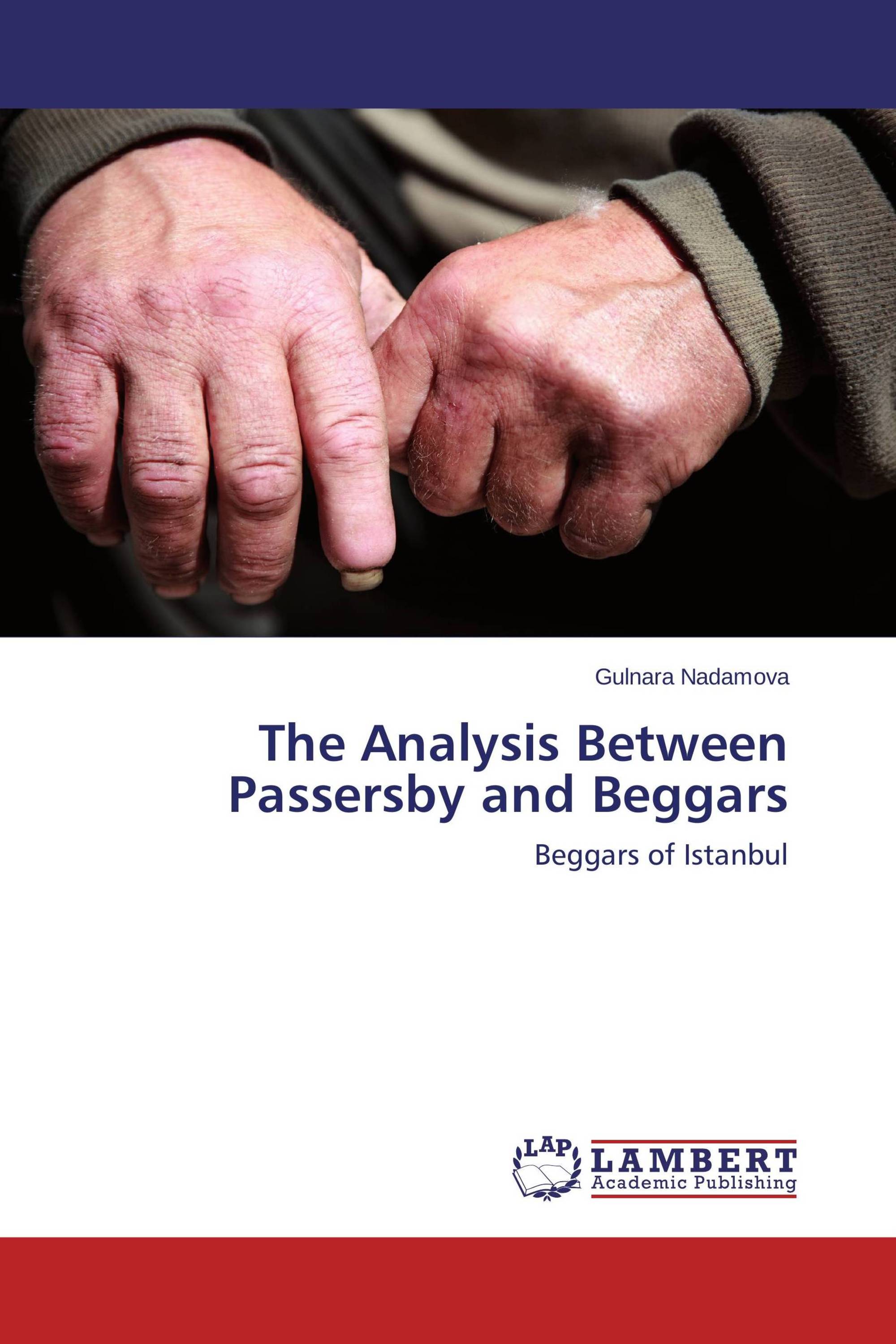The book includes information about a research of how people decide to help to beggars or reject to help. The analysis of interaction between beggars and passersby shows how perception of begging is socially and culturally constructed by institutions. In this work, the shift and changing of perception, is explained by contrasting Ottoman Empire with Modern Turkey. Thus, in Ottoman Empire begging was permitted and controlled, so the perception was also positive about begging. On the contrary, in Modern Turkey the begging is punishable and banned, so this constructed by institutions perception leads to definite interactions with beggars. People of Istanbul tend to help to disabled, women with children, or elderly beggars and strongly against to help to young, healthy, able men. The category of a beggar regulates the decision of helping. The crucial findings show that people are more likely to help beggars who are professionally skilled and who are self confident with clean and well-kept appearances. Thus it is not helping but it is a social exchange that makes people to decide to help. People tend to help with an expectation of return.
Book Details: |
|
|
ISBN-13: |
978-3-659-71850-2 |
|
ISBN-10: |
3659718505 |
|
EAN: |
9783659718502 |
|
Book language: |
English |
|
By (author) : |
Gulnara Nadamova |
|
Number of pages: |
88 |
|
Published on: |
2015-06-18 |
|
Category: |
Sociology |
